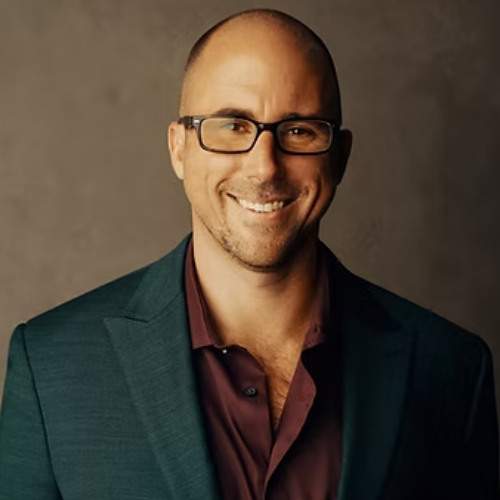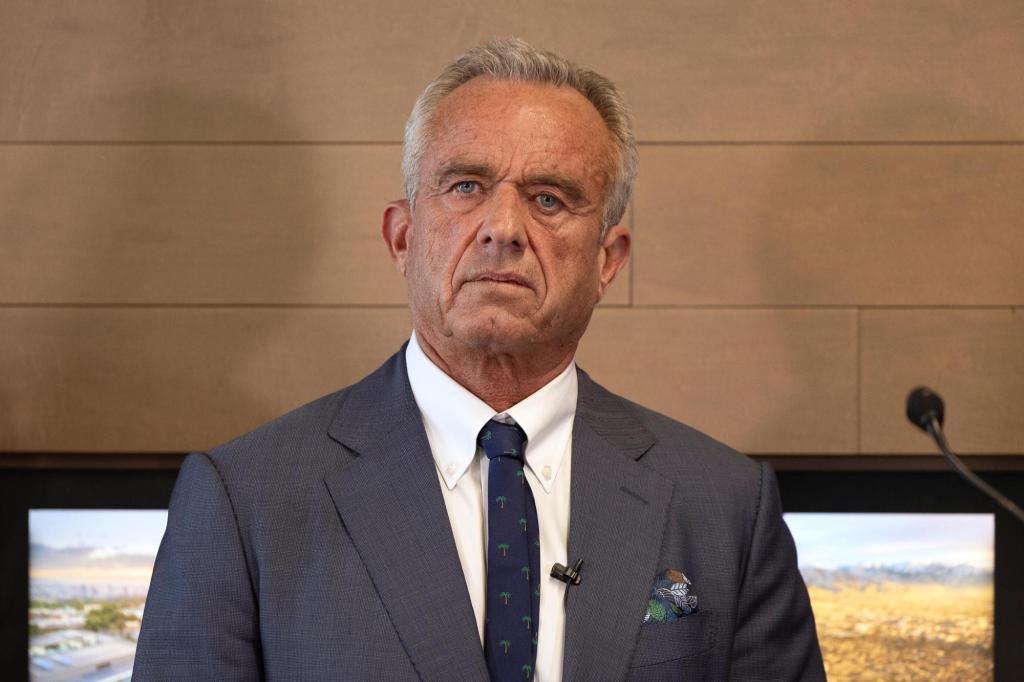I have spent much of my career in refugee camps, inner-city clinics and rural health posts. From West Africa during Ebola to school-based mobile clinics in New Mexico, I have seen the same truth play out again and again. When politics collides with science, people die.
In Albuquerque, that collision has taken a very local form. Bernalillo County recently announced it would end Health Yeah!, a program that brought primary and mental health care directly to students through mobile clinics that was operated by Wellness Equity Alliance, where I serve as CEO and chief medical officer.
In less than 30 days, children who had access to care before their symptoms could become a crisis or who found mental health support in the schools where they spend the majority of their day will be left without care. Families who relied on a free, trusted service are being left to figure it out on their own.
 Dr. Tyler Evans is CEO, chief medical officer and co-founder of Wellness Equity Alliance. (courtesy, Tyler Evans)
Dr. Tyler Evans is CEO, chief medical officer and co-founder of Wellness Equity Alliance. (courtesy, Tyler Evans)
What’s most troubling is this is not an isolated story. It reflects a national trend of public health disinvestment that has accelerated in recent years. From addiction treatment to childhood immunizations, programs that serve the most vulnerable are increasingly treated as optional line items instead of essential lifelines.
In the Trump administration, Health and Human Services Secretary Robert F. Kennedy Jr. has already proposed deep cuts to vaccine programs, while advisory panels at the Centers for Disease Control and Prevention are being reshaped with skeptics who question the very value of routine immunizations. If the CDC backs away from recommending shots that have kept generations safe, the consequences will not be theoretical. They will be measured in children hospitalized with measles, mumps and rubella, newborns infected with hepatitis B, and too many lives cut short by diseases we already know how to prevent.
This is not about political ideology. It is about survival. Vaccines, addiction treatment and preventive care are not luxuries. They are the bedrock of healthy communities. When governments cut these programs without explanation or transition plans, they do not save money. They shift costs to overcrowded emergency rooms, to parents missing shifts at work, to schools disrupted by preventable illness. Prevention is always cheaper and more humane than crisis response.
Trust is the currency of health care. Parents bring their children back to their doctor only if they believe the provider will still be there tomorrow. Communities accept vaccines only if they trust the system values their lives. When governments pull programs with just 30 days’ notice, or when they politicize scientific guidance, they do much more than disrupt services. They destroy trust. And once trust is broken, it often takes generations to rebuild.
We cannot afford that. Public health is not a luxury to be bargained away. It is the foundation of our economy, our educational system, and our national security. A child who cannot breathe because asthma medicine is out of reach cannot thrive in school. A parent forced to miss work because of a child’s preventable illness will struggle to keep food on the table. An outbreak of measles in one neighborhood will not remain contained. The health of each of us will affect the health of all of us.
The United States has the wealth, technology and expertise to ensure that no child dies from measles, no parent loses access to addiction treatment, and no community is left without basic care. What we lack is the political courage to put evidence above ideology.
We are at a crossroads. Do we allow misinformation and political gamesmanship to erode decades of scientific progress, or do we insist that compassion, equity and evidence lead the way?
If we want to protect the future of our children and our nation, we must return to trusting science. Because when we do not, the cost is not measured in budgets. It is measured in lives.
Dr. Tyler Evans is CEO, chief medical officer and co-founder of Wellness Equity Alliance, and the author of “Pandemics, Poverty, and Politics: Decoding the Social and Political Drivers of Pandemics from Plague to COVID-19.” He resides in Santa Cruz, Calif.
